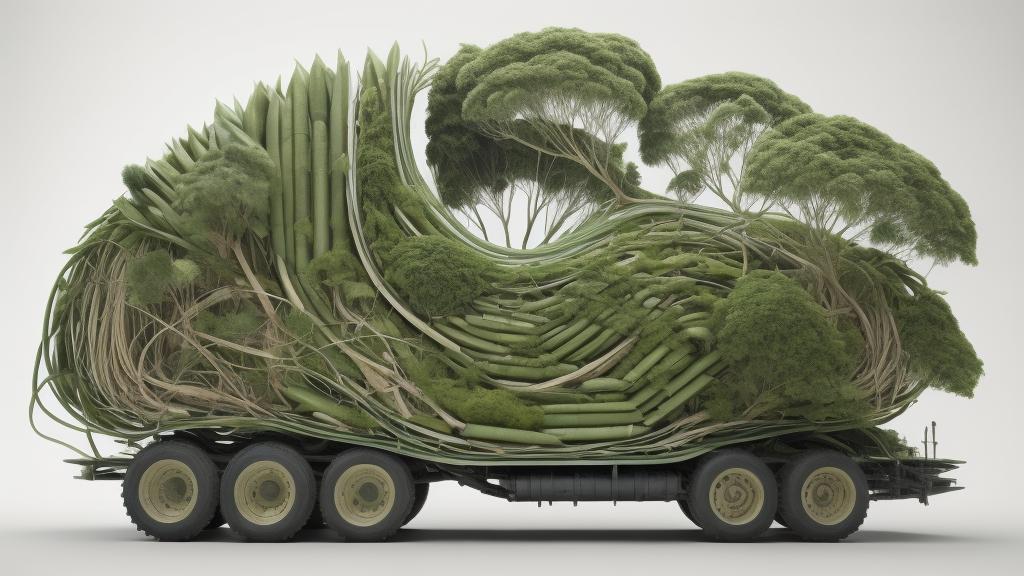The fashion industry is experiencing a seismic shift, one that goes beyond the ever-changing trends in design and style—it is the sustainable fashion revolution. As more shoppers become conscious of their environmental impact, the demand for eco-friendly clothing options is soaring. From high-end designers to fast-fashion retailers, brands are rethinking their production processes and materials to cater to this growing market.
This change is partly driven by consumers who are increasingly aware of the detrimental effects of conventional garment manufacturing. Water pollution, carbon emissions, and unethical labor practices are just a few of the industry's longstanding issues. Today, transparency and traceability in the supply chain are no longer optional; they are essential for maintaining a loyal customer base.
One of the leaders in this movement is Stella McCartney, who has long advocated for sustainable fashion. Her collections emphasize cruelty-free and environmentally friendly materials without compromising style. Similarly, brands like Everlane and Reformation ensure their products are made in ethical factories with eco-friendly materials and processes.
On the other hand, fast fashion brands are not far behind. Companies like H&M and Zara have started introducing sustainable lines, using organic cotton, recycled polyester, and water-saving dyeing techniques. This transformation is gradual, yet necessary, considering the sheer volume of products these brands churn out every season.
However, the journey to sustainability is not without challenges. The price point of eco-friendly garments can be prohibitive for many consumers. Moreover, the industry needs to address the disparity between mass production and sustainable practices, which often requires more time and resources.
Innovations in textile technology are also paving the way for a greener future. Fabrics made from unexpected sources such as pineapple leaves, mushroom roots, and recycled ocean plastics are gaining traction. These materials not only offer unique textures and aesthetics but also contribute significantly to reducing waste.
Consumer behavior, however, remains the most significant driver of change. The rise of the 'buy less, choose well' philosophy underscores an emerging trend towards minimalist wardrobes. Influencers and activists advocate for repair, repeat wear, and upcycling, which encourage consumers to make thoughtful purchases rather than impulsive buys.
Social media has amplified this movement, with platforms like Instagram and TikTok filled with content about sustainable fashion hauls, eco-friendly styling tips, and thrift shop finds. This digital space provides a fertile ground for educating and inspiring the masses on sustainability and responsibility.
Circular fashion models are also becoming prominent. Online resale platforms like Depop and ThredUp popularize pre-loved fashion, while rental services such as Rent the Runway offer designers to consumers seeking variety without excess consumption.
Fashion conservatories and educational institutions are now including sustainability as a core module in their curricula to prepare upcoming designers to create with conscience. This academic investment ensures that the future of fashion is not just about aesthetics but also ethical responsibility.
As the demand for sustainable fashion continues to grow, industry stakeholders—designers, manufacturers, retailers, and consumers—must collaborate to innovate and implement practices that are environmentally sound and socially equitable. The journey ahead is undoubtedly challenging, but the outcome promises a more balanced and responsible fashion ecosystem.
The new era of sustainable fashion is more than just a trend; it's a movement gaining momentum as it intertwines ethics with aesthetics. It's an exciting time to witness how the fashion world is evolving to meet these challenges, ultimately leading to a vibrant, conscientious future where looking good doesn't have to come at the planet's expense.
Sustainable fashion: the new eco-friendly revolution in your closet

